Research Introduction
The faculty of the Research Center of Health, Physical Fitness and Sports engage in research as a cooperative unit with the Graduate School of Medicine and the Graduate School of Education and Human Development. Please check here for more details about the graduate education.
Graduate School of Medicine
Division of Basic Medicine – Health Promotion Medicine
Health and Sports Medicine
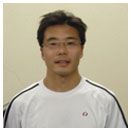
KOIKE, Teruhiko
My specialties in clinical medicine are geriatric medicine and general medicine. I want to contribute to the improvement in preventive medicine. Our approaches include both a human study and basic science experiments. We want to find the exercise and nutrition therapy that lead to the prevention of the physical and cognitive decline in aging.
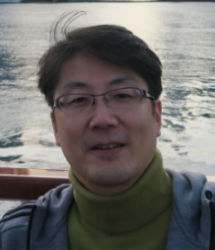
BANNO, Ryoichi
We study energy and glucose metabolism. For obesity, which causes lifestyle-related diseases such as type 2 diabetes mellitus, dyslipidemia and arteriosclerosis, we are trying to elucidation of the mechanisms of obesity and the establishment of obesity treatment based on both basic and clinical medicine, and for that we especially focus on the action of leptin and insulin. We are also trying to develop new therapies for type 1 diabetes, which is mainly caused by abnormal autoimmunity in terms of glucose metabolism.
Human Nutrition
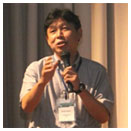
ISHIGURO, Hiroshi
Proper moisturization and alkalinization of mucosal epithelia are necessary for biophylaxis and nutrient absorption. We analyze cellular and molecular mechanisms for epithelial HCO3– secretion in pancreatic ductules of which the lumen is microperfused with artificial pancreatic juice to mimic in vivo condition. We are able to estimate HCO3– and fluid transport by measuring the changes in ion concentrations of intra- and extracellular microenvironments.
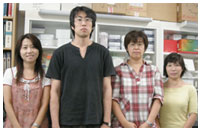
YAMAMOTO, Akiko
We are investigating cellular and molecular mechanisms for HCO3- secretion by mucosal epithelial cells by using isolated pancreatic duct segments. In addition, it was found that a group of G-protein-coupled orphan receptors function as membrane receptors of free FA. We are also investigating to clarify fatty-acid sensing mechanism in the intestine.
Department of Psychopathology & Psychotherapy
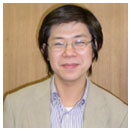
FURUHASHI, Tadaaki
My methodology is both psychopathology and psychotherapy. My research themes were gender-related psychiatric problems before, and now it is “Hikikomori”. The age range of Hikikomori has broadened from young people to middle-aged people in recent years and even the areas of emergence have spread from Japan to overseas (particularly the spread to France is my subject of interest).
I have been studying French psychiatry and psychoanalysis, and have stayed in France often. As I did so, I found that there were young people also in France who withdraw from society (i.e. “Hikikomori”) just like the socially withdrawn young students I usually consult at Nagoya University. Thus I began to indicate that they could be explained more with the word “Hikikomori”. In France, there were young people who had socially withdrawn from before, however, there was no term to refer to them. Currently, there are some French Hikikomori that I regularly follow-up, and there are times I am asked to give a lecture in various parts of France and recently also in other European countries.
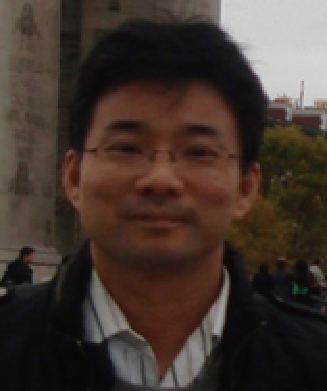
NAGASHIMA, Wataru
My research is Consultation-Liaison Psychiatry in a general hospital. I belong to the palliative care team (Nagoya Tokusyukai Hospital). Cancer Patients received psychiatric liaison intervention by our palliative care team. I mainly deal with depression and delirium in cancer patients. I am interested in the field of team medical care with other occupations, such as clinical psychologists and nurses.
Exercise Physiology
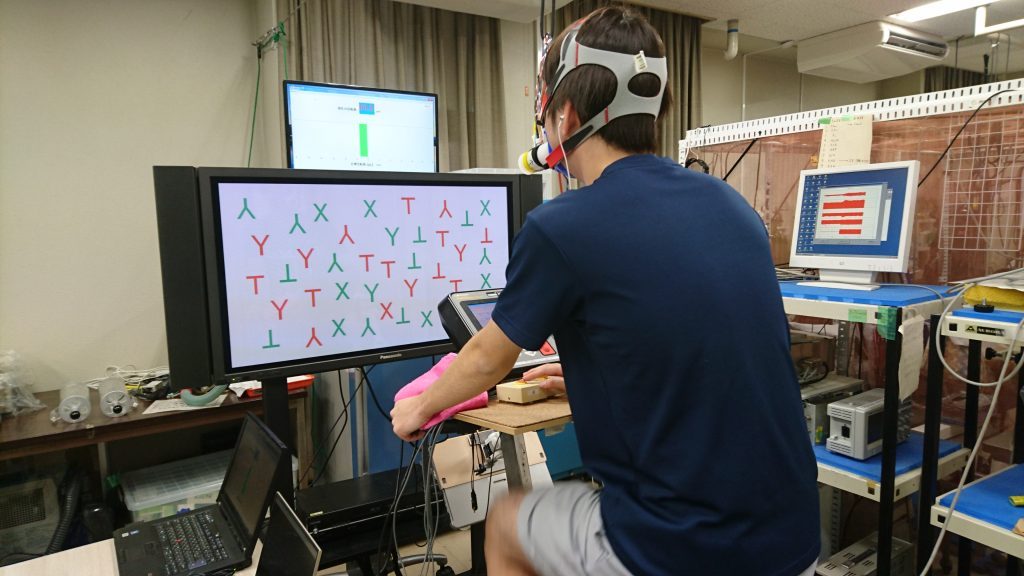
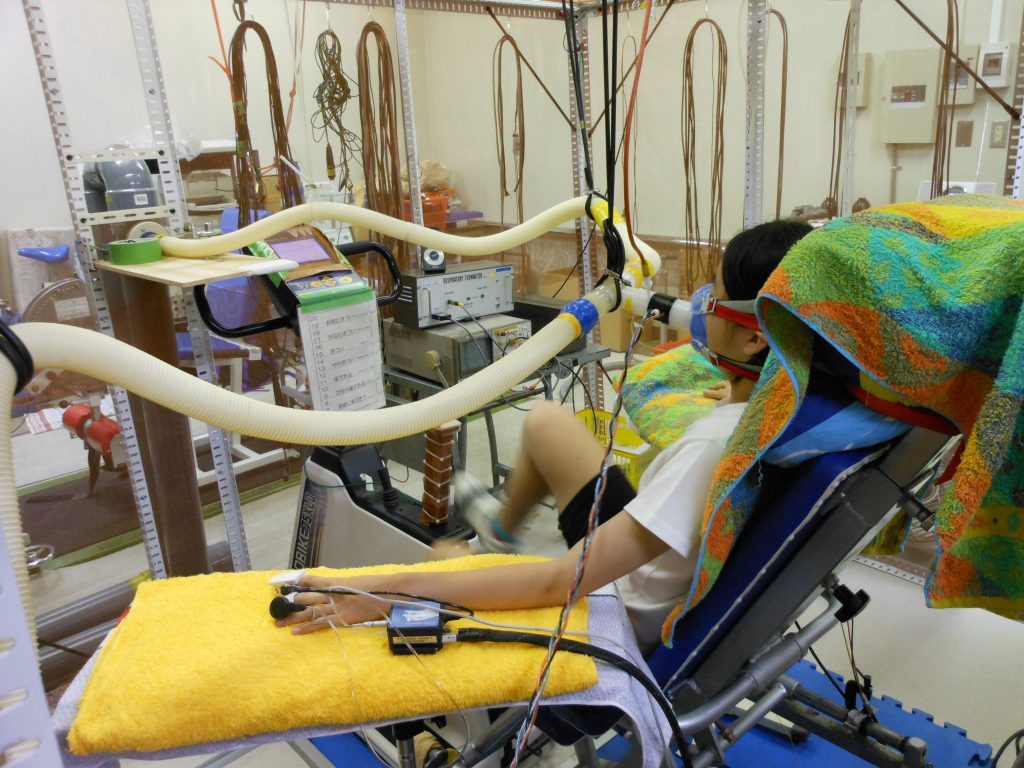
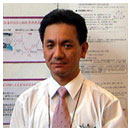
ISHIDA, Koji
My research interest has been “cardio-respiratory responses during exercise”. We have explored the characteristics of these responses among various subject groups and under various environmental conditions, and additionally, the mechanisms of these responses. Recently we applied them to the development of the way to prevent the acute mountain sickness by using hypoxic responses at sea level.
We are now undertaking to investigate the motor-cognitive dual-task which is assumed to be effective to prevent dementia. For example, we are trying to elucidate the effects of different motor or cognitive tasks on these dual-task performances and cardio-respiratory responses.
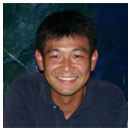
KATAYAMA, Keisho
Our group is engaged in research concerning respiratory and cardiovascular responses to exercise and adaptations to exercise training. Specifically, we are elucidating the mechanisms of respiratory and cardiovascular regulations during dynamic exercise in humans, as well as how the respiratory system may limit exercise performance in both normal and trained athletes.
Graduate School of Education and Human Development School of Education
Department of Educational Sciences, Division of Sport and Exercise Science
Health Promoting Exercise

TANAKA, Noriko
The purpose of our research is to contribute to the improvement of human health through human body composition and its relation to physical activity and/or exercise. We examine the volume and distribution of the human skeletal muscle, subcutaneous fat and visceral fat by using the magnetic resonance imaging, bioelectrical impedance analysis and B-mode ultrasound imaging.
Exercise and Sports Physiology
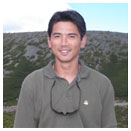
AKIMA, Hiroshi
Research studies in my lab are directed at describing and understanding physical function in relation to neural activation of the muscle using surface electromyography and near infrared spectroscopy. We are also interested in skeletal muscle quantity and quality, i.e. adipose tissue (and connective tissue)-to-muscle tissue ratio, in relation to physical function using medical imaging technique using magnetic resonance imaging, 1H magnetic resonance spectroscopy, and B-mode ultrasonography.
Sports Biomechanics
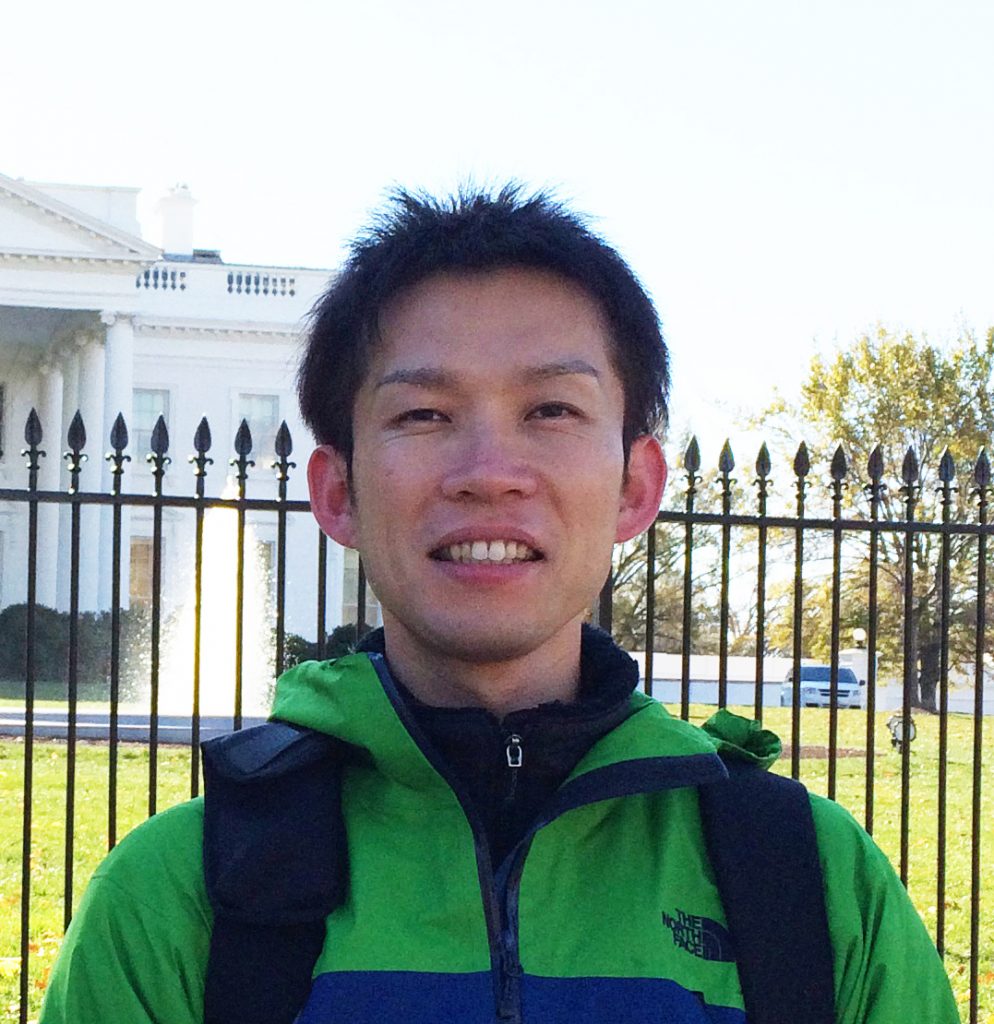
MIZUNO, Takamasa
My research area is an adaptation of the skeletal muscle and tendon to exercise. I am focusing on the effects of exercise on extensibility of skeletal muscle and tendon (such as mechanism of change in flexibility, and effects of various kinds of stretching). My laboratory primarily has the following instruments to conduct experiment; ultrasound image, electrical stimulator, electromyography, and muscle strength dynamometer.
Department of Psychology and Human Developmental Sciences, Division of Sport Behavioral Science
Sports Psychology
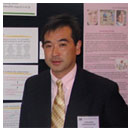
TAKENOUCHI, Takashi
I have been studying clinical issues with athletes. In particular, I have been investigating relationship of sports experience and personality development of athletes. I have also been interested in sports counseling and psychological support for performance enhancement of athletes.
Human Motor Learning Science
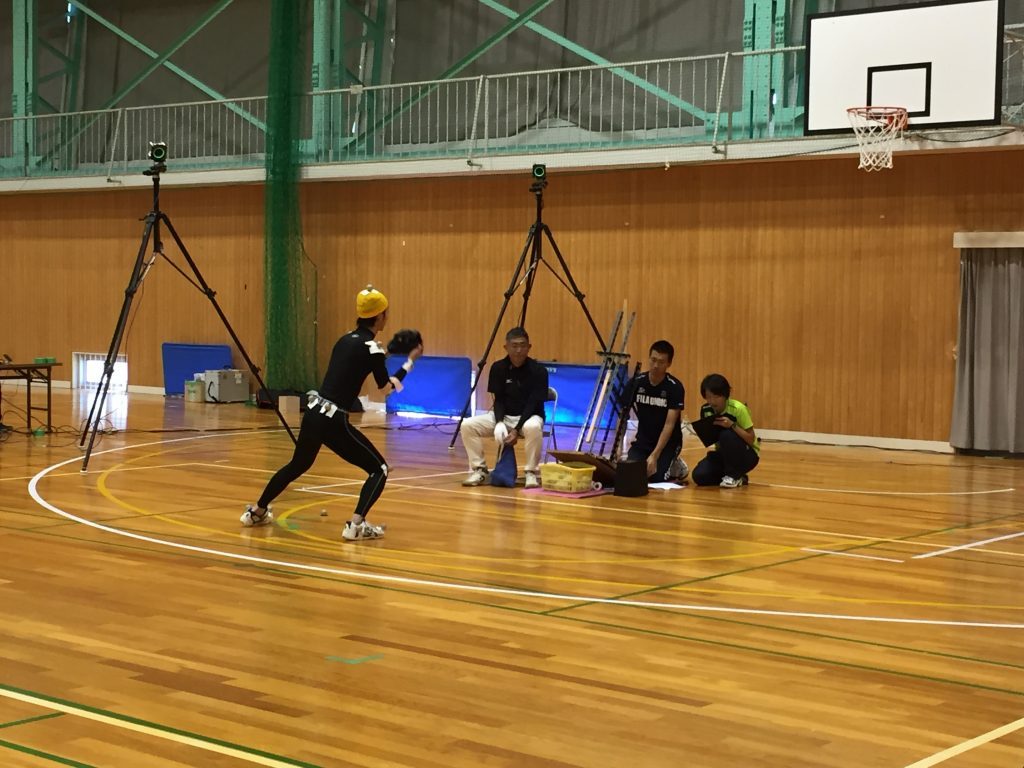
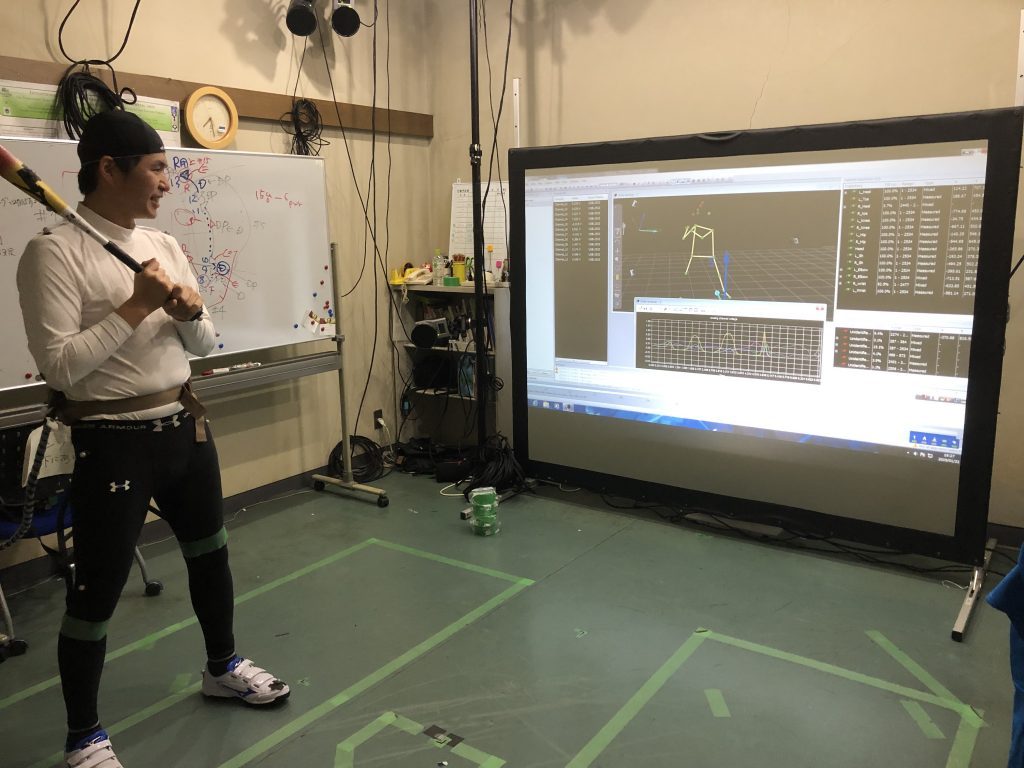
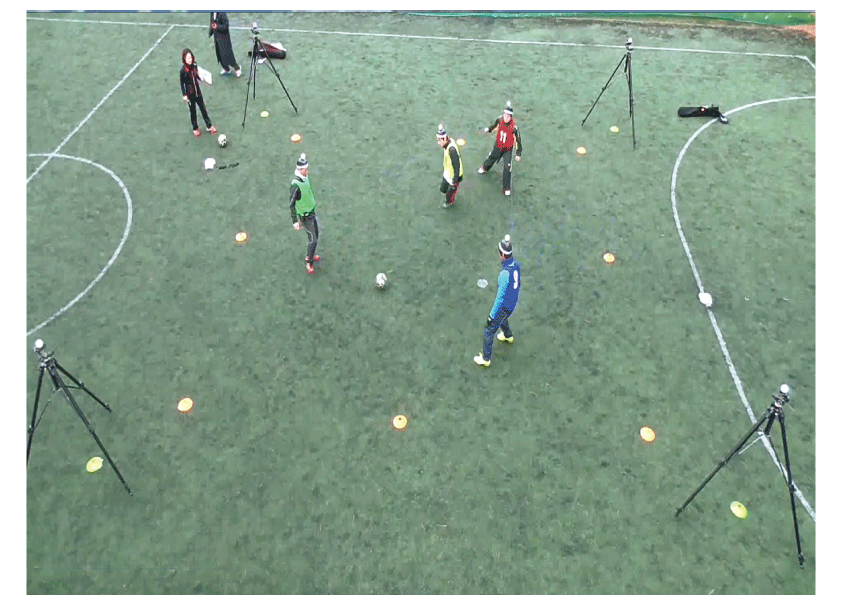
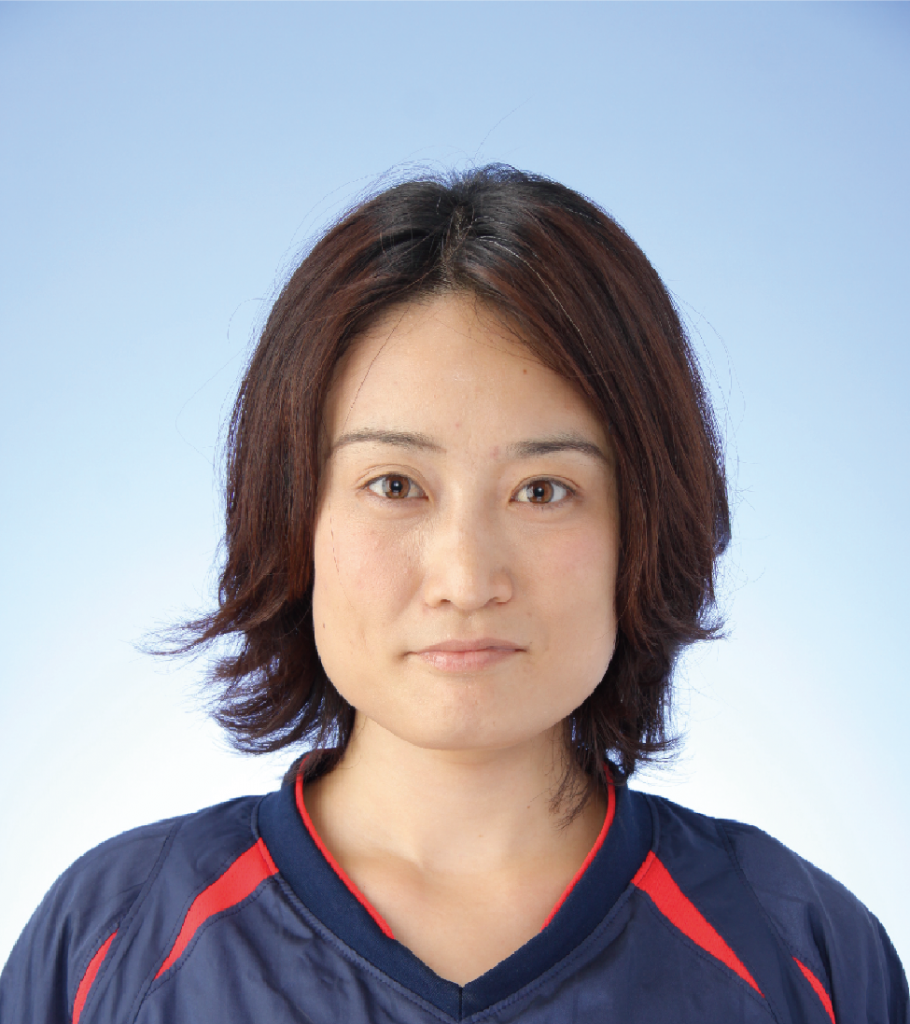
YOKOYAMA, Keiko
My research object is to understand the social dynamics underlying the collective behavior, and to design the learning environment for facilitating the collective organization. The main methods of my research are to measure the collective behavior by using motion capture system and to analyze these measured spatio-temporal data based on dynamical system theory, and to simulate the collective behavior using mathematical models.







